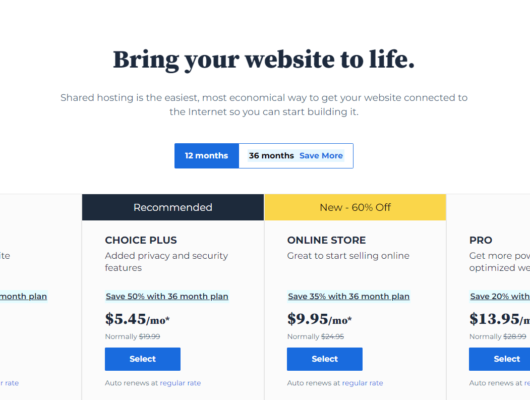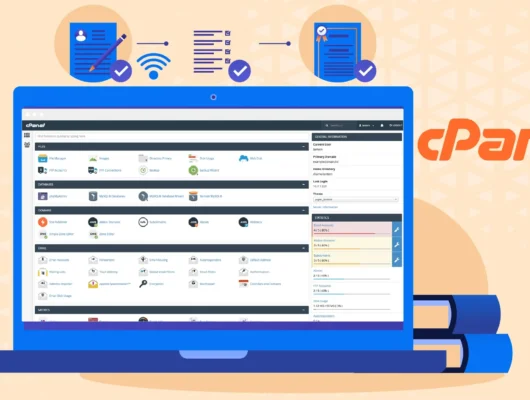In the dynamic realm of e-commerce, the choice of server solutions is pivotal to the success of an online business. The right e-commerce server solution can impact website performance, scalability, security, and overall user experience.
This article explores various e-commerce server solutions, shedding light on their features and helping businesses make informed decisions for a robust online presence.
Shared Hosting
Shared hosting is a cost-effective entry point for small to medium-sized e-commerce ventures. In this setup, multiple websites share resources on a single server.
While it is budget-friendly, shared hosting may have limitations in terms of performance and scalability, making it suitable for startups or businesses with moderate website traffic.
Virtual Private Server (VPS)
VPS hosting offers a more scalable and customizable solution compared to shared hosting. It involves dividing a physical server into virtual servers, providing dedicated resources to each.
VPS hosting is suitable for businesses experiencing growth, offering a balance between cost efficiency and performance.
Dedicated Hosting
Dedicated hosting provides an entire server exclusively for one website. This solution ensures optimal performance, enhanced security, and the ability to handle high traffic volumes.
Dedicated hosting is ideal for established e-commerce businesses with significant traffic and resource requirements.
Cloud Hosting
Cloud hosting utilizes a network of virtual servers, offering flexibility and scalability. Resources are distributed across multiple servers, minimizing the impact of server failures.
Cloud hosting is suitable for businesses with fluctuating traffic, as resources can be scaled up or down based on demand.
Managed Hosting
Managed hosting goes beyond server provision; it includes ongoing management and optimization services. This solution is beneficial for businesses looking to offload technical responsibilities to a hosting provider. Managed hosting ensures that servers are regularly updated, monitored, and optimized for performance.
Content Delivery Network (CDN)
CDNs are not traditional server solutions but play a crucial role in enhancing website performance. CDNs distribute website content across a network of servers globally, reducing latency and improving loading times.
Integrating a CDN with other server solutions is common for delivering content efficiently to users worldwide.
Clustered Hosting
Clustered hosting involves connecting multiple servers to work together as a single system. This solution provides redundancy and improves performance by distributing the load across multiple servers.
Clustered hosting is suitable for large e-commerce platforms with high traffic and stringent uptime requirements.
Hybrid Hosting
Hybrid hosting combines different server solutions to create a customized infrastructure that meets specific business needs.
For example, combining dedicated hosting with cloud hosting can provide scalability and reliability.
Hybrid hosting is suitable for businesses with complex requirements seeking a tailored approach.
Read more about Secure shopping cart hosting…
Conclusion
Choosing the right e-commerce server solution is a strategic decision that directly influences the performance and success of an online business.
Each solution has its unique features and benefits, catering to businesses of varying sizes and requirements.
Whether opting for shared hosting, VPS, dedicated hosting, or exploring advanced options like cloud hosting or CDN integration, businesses should align their server solution with their current needs and future growth plans.
By navigating the digital marketplace with a clear understanding of available server solutions, e-commerce businesses can establish a robust online presence that delivers a seamless experience to their customers.






